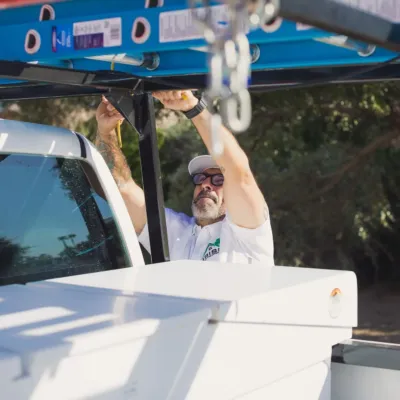
Reasons TPO Roofing is a Popular Choice for Commercial Buildings
Professional commercial roofing contractors recognize numerous advantages that make TPO an excellent option for modern construction and renovation projects.
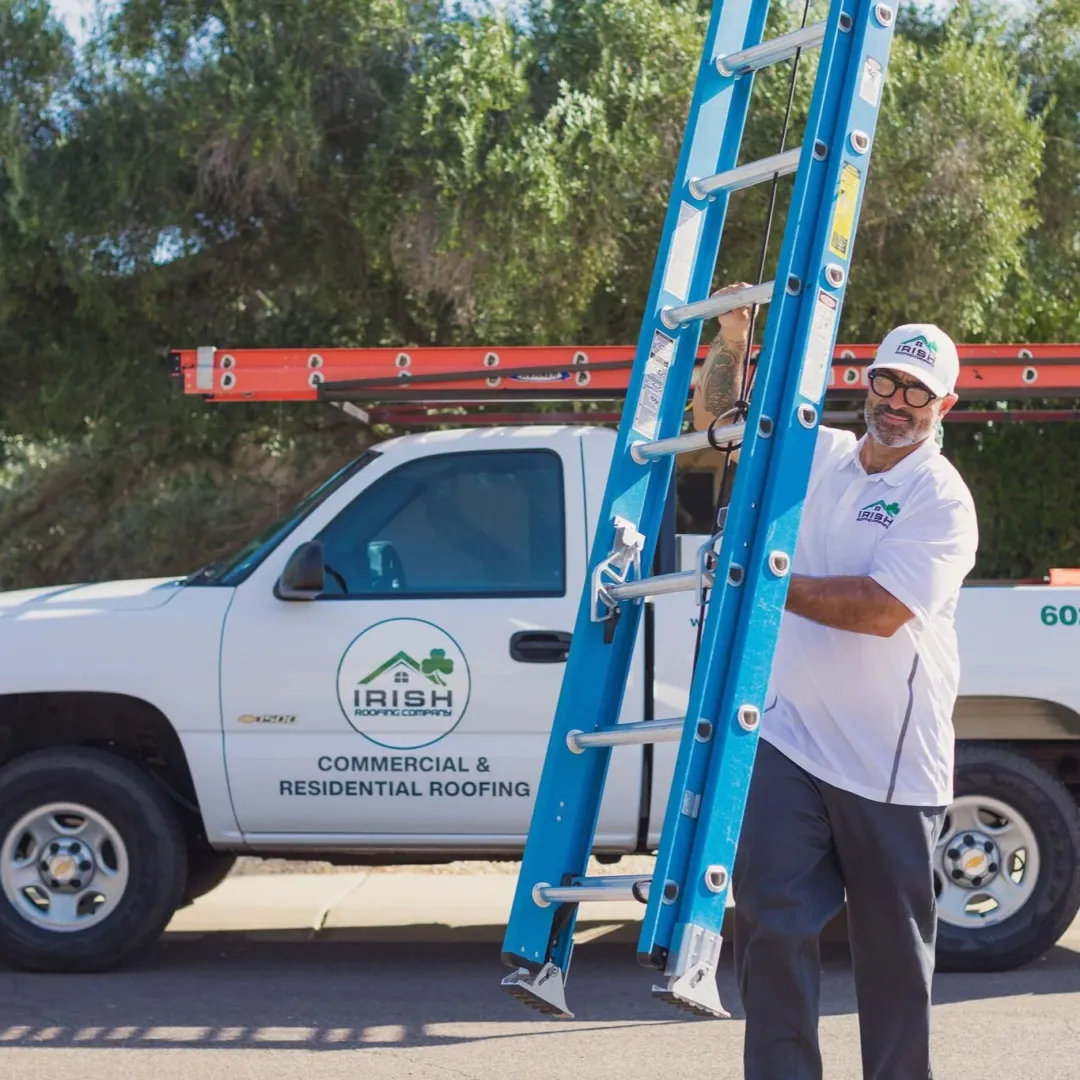

Commercial roofs share the same primary function as residential ones, protecting the building against environmental effects. However, while a smaller residential building can have a sloped roof visible from the ground, commercial roofs can only have a minimal slope and have more stringent building requirements.
As construction technology has evolved, the roofing choices for commercial properties have expanded. Here are some top roof options to consider for your commercial building.
Built-up roofs are among the oldest roofing techniques, but they have stood the test of time well. BURs consist of between three and five layers of tar and gravel. They are relatively cheap to build and are readily customizable depending on the area’s climate and weather conditions. Don’t let the low cost fool you, though, as built-up-roofing is still extremely durable and can withstand a wide range of temperatures.
Metal roofs have an edge due to the variety of options from which to choose. Depending on your needs, you can choose from galvanized steel, metal tile sheets, copper, aluminum, stainless steel, stone-coated steel, tin, lead, or aggregates of zinc, aluminum, and silicon-coated steel. With the additional advantage of having an attractive finished look, metal roofs have strong fire resistance ratings and can complement a wide array of designs.
This kind of roof uses a membrane that is constructed and set with resin and reinforced with polyester. The coating provides superior water resistance, and since it’s applied in two separate coats, these roofs can be very durable during heavy rainfall. Additionally, the liquid application is a relatively non-invasive process and can be the right choice for businesses that need to remain open during roof construction.
PVC (Polyvinyl Chloride) and TPO (Thermoplastic Polyolefin) are two types of thermoplastic roof membranes from which you can choose. These systems are very light and durable and provide excellent resistance to weather and UV radiation. PVC is also recyclable and weldable, improving its construction customization and providing a better seal where needed. Thermoplastic roof membranes are perfect for restaurants or other places that utilize heat and fire in daily work.
EPDM (Ethylene Propylene Diene Monomer) or thermoset membrane roofing is known for its elasticity and durability. With extremely efficient price points, EPDM roofs are lucrative for business owners that don’t want to skimp on security features and need strong UV protection capabilities and lower cooling costs, which EPDM provides due to higher reflectiveness.
Modified bitumen roofing offers temperature resistance and flexibility by combining asphalt and polymer. These roofing systems are usually applied in multiple layers over an existing rooftop to protect against rain, hail, strong winds, and fire hazards.
Green roofing options have become more prevalent in recent years and place a value on sustainability and aesthetics. The roof can collect rainwater, provides better energy efficiency for the building, and improve the general air quality and benefit the environment more than industrial options. With the recent shift towards environmentally friendly solutions, green roofs are an excellent choice for a commercial building that blends in with nature and stands out from the city skyline.
Irish Roofing Company provides Scottsdale with residential tile roof installation and replacement, shingle roof installation and replacement, metal roof installation and replacement, roof repair, roofing maintenance, and roof inspection services. Count on our uniformed, knowledgeable, and experienced roofers for high-quality roofing solutions.

Professional commercial roofing contractors recognize numerous advantages that make TPO an excellent option for modern construction and renovation projects.
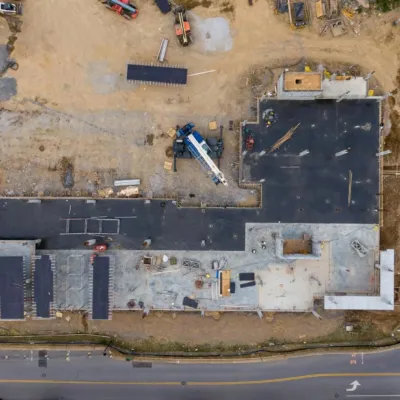
Commercial roofing experts utilize specialized formulations designed for maximum durability in demanding conditions.
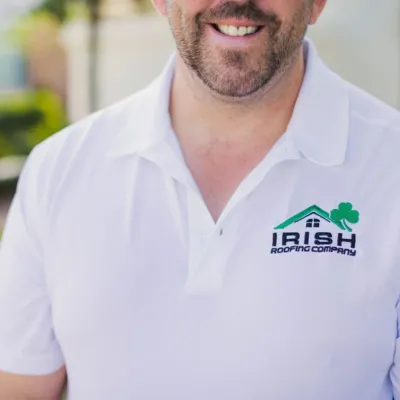
Composed of specialized materials designed to protect and enhance roofing systems, these coatings create a seamless, protective layer across roofing surfaces.
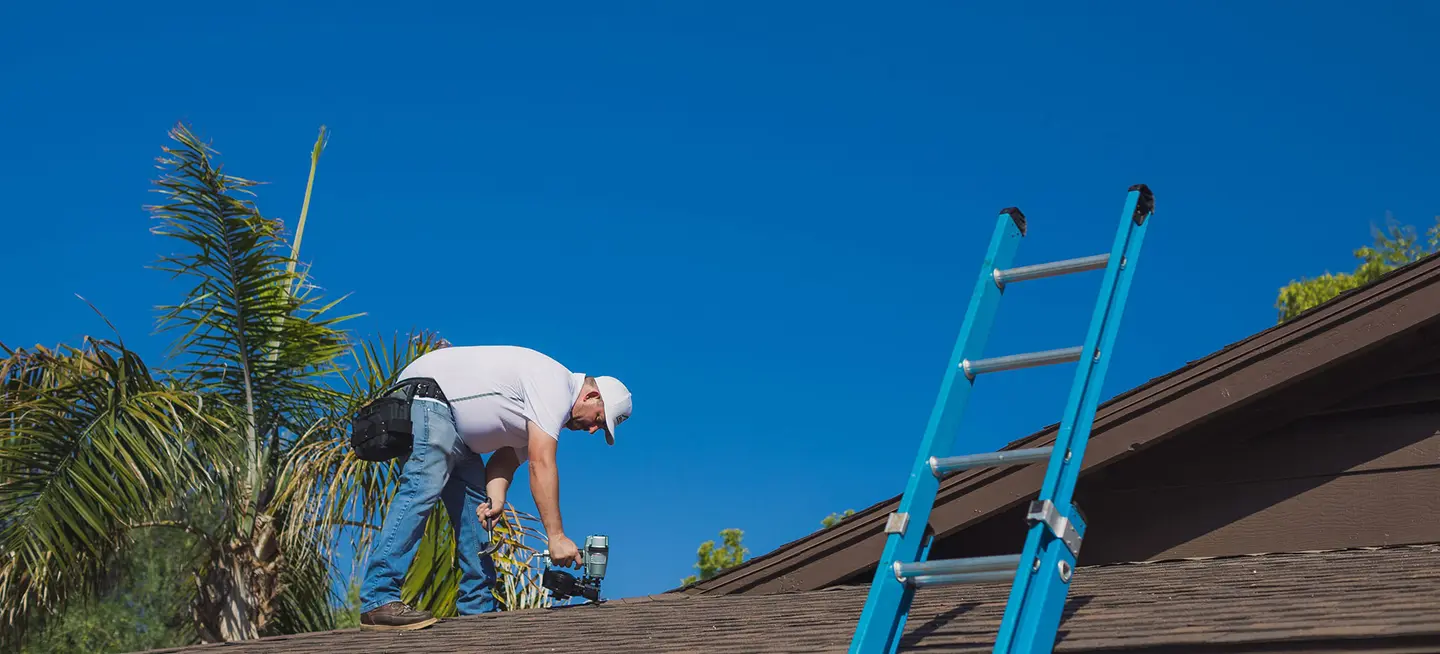
We offer solutions for every roof and budget. Call today for a quote. Whether it’s a roof installation, roof repair, or roof maintenance, our team is ready to help.